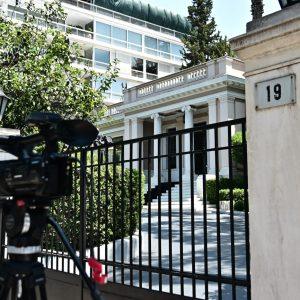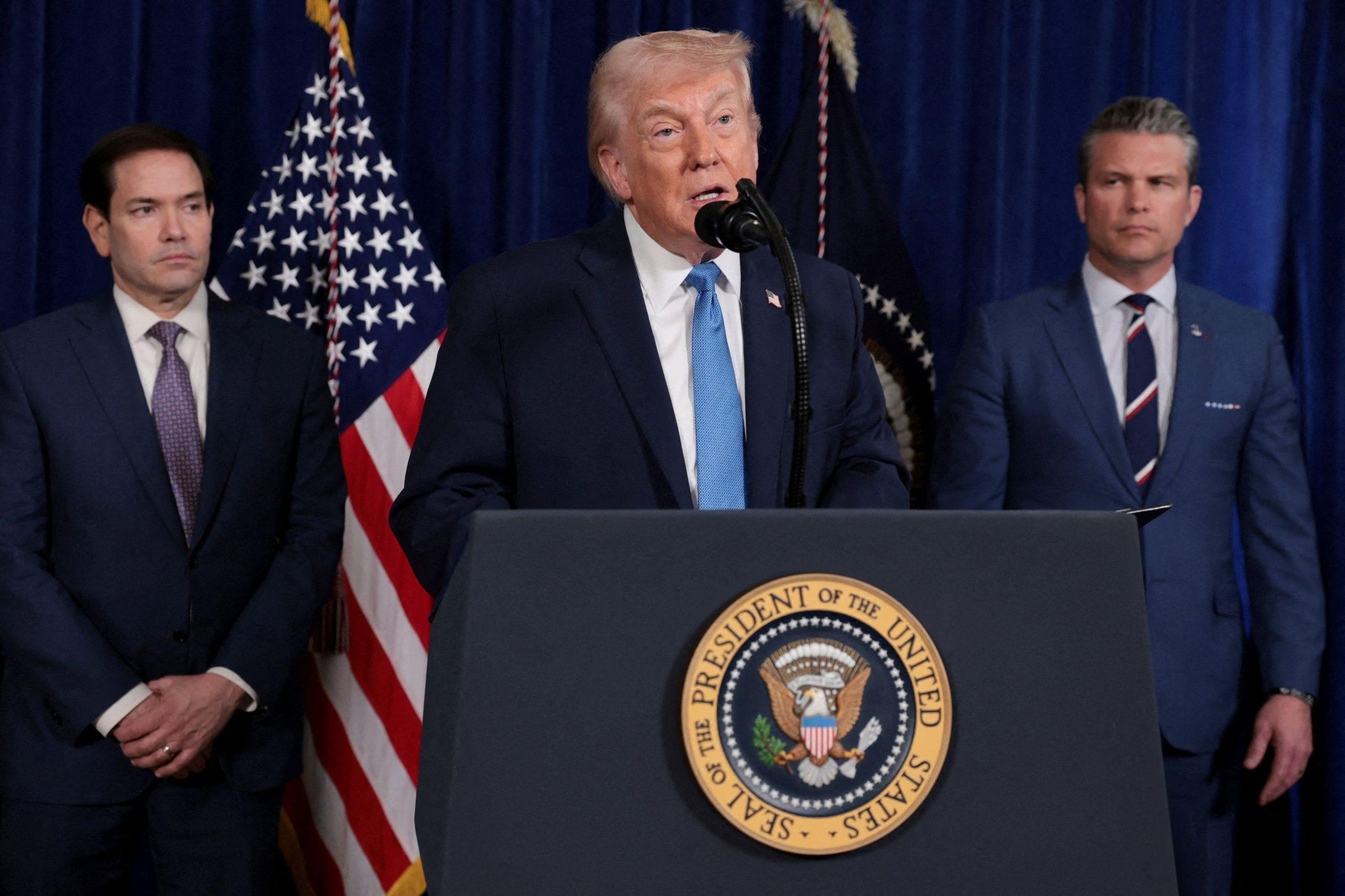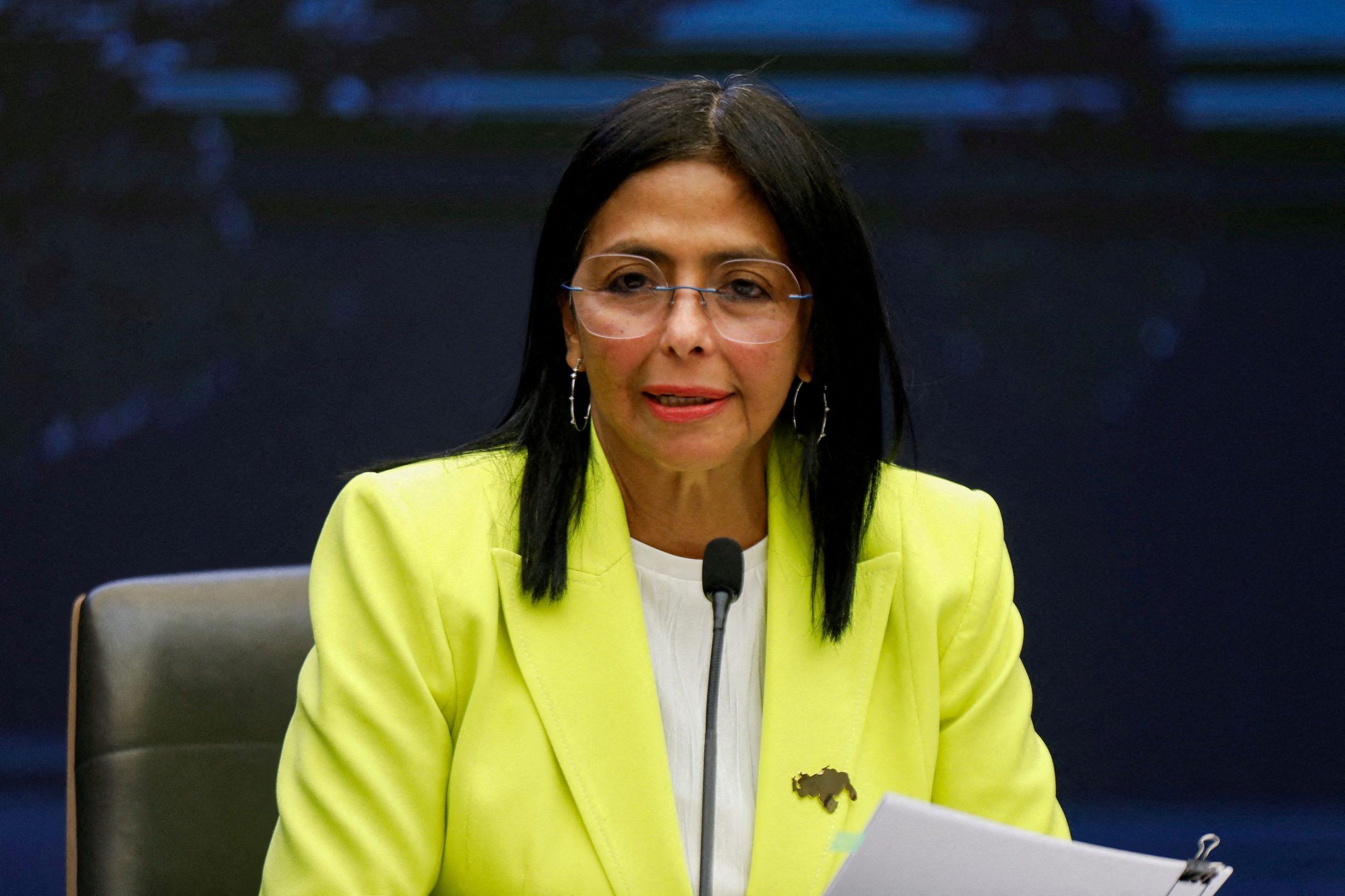An agreement, in principle at least, between the government and Greece’s lenders to provide relief from rising interest rates and surging inflation to at-risk households and responsible borrowers was reportedly reached on Thursday.
The conservative Mitsotakis government has signaled its intent over the recent period to pressure Greece’s banking sector, mainly the four thrice-bailed-out systemic banks, into providing relief measures to borrowers – especially those paying off mortgages for primary residences.
Reports of an agreement to create a “support mechanism” emerged immediately after the end of a meeting at the finance ministry in Athens between relevant Minister Christos Staikouras and representatives of banks.
While no details have officially emerged, market sources cited an initiative to facilitate a decrease in monthly payments for borrowers meeting specific and strict criteria.
The same sources said the cost of such an initiative-cum mechanism will be covered by both the state and banks themselves, essentially a through a possible subsidization of a portion of increased interest rates. Another proposal cited involves the extension of mortgages’ maturity, a refinancing tool that Greek banks have employed extensively over the past decade. The latter, however, while reducing monthly payments means a homeowner will pay more for the property when the entire loan is paid off, if interest rates are not commensurately cut.
Any such subsidy program or mechanism will be exclusively geared towards mortgages for primary residences.
Both sides, the Greek government and banks, have a keen interest in achieving some sort of arrangement to the benefit of borrowers, with the former eager to avoid public discontent on the economic front heading into an election year in 2023.
Lenders, on the other hand, do not want to see a new generation of serviced or restructured loans to “go red” and be shifted to the NPE column on their spreadsheets.




































